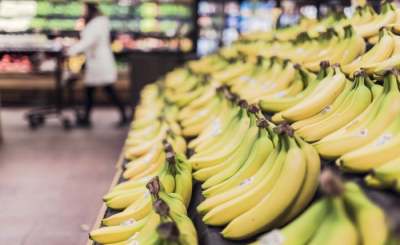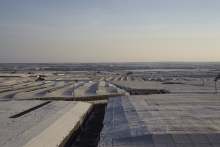If you're an eagle-eyed ethical shopper then you may have noticed a new product label quietly appearing on a range of products in shops around the UK.
Fair for Life (FFL) is a fair trade label operated independently from the mainstream Fairtrade Labelling Organisation (FLO), the global fair trade governing body which overseas the more familiar Fairtrade Foundation.
The aim of the new scheme, like all fair trade schemes, is to improve the lives of small-scale producers around the world by giving them a leg-up in the cut-throat global marketplace.
So how does Fair for Life stack up ethically?
The first clue to look for when judging the ethical credentials of any product label is to check out who owns it: if it's owned and run by big business then you know pretty well instantly that chances are it's going to be an ethical turkey. (Hello Cadbury's recently launched Cocoa Life, we're talking about you.)
In the case of Fair for Life however, it was launched in Switzerland in 2006 by the Bio-Foundation, a not-for-profit organisation that promotes eco-friendly products, and the Institute for Market Ecology, which certifies a wide range of organic, sustainable and socially-responsible consumer goods.
Then significantly in 2014 Fair for Life was bought by Ecocert, the respected global French-based organic certification organisation whose ethical credentials aren't in any doubt.
So far, so good.
But why then was Fair for Life launched?
“At the time, small, dedicated companies were telling us that existing fair trade schemes were limited to certain products and models of fair trade,” explains Louisa Castro from Fair for Life.
Whilst mainstream fair trade focused on popular consumer items such as bananas and coffee, Fair for Life was designed to help provide companies with more specialist fair trade products such as herbal teas and essential oils. This is done by using one standard that covers all products rather than a different standard for individual products.








